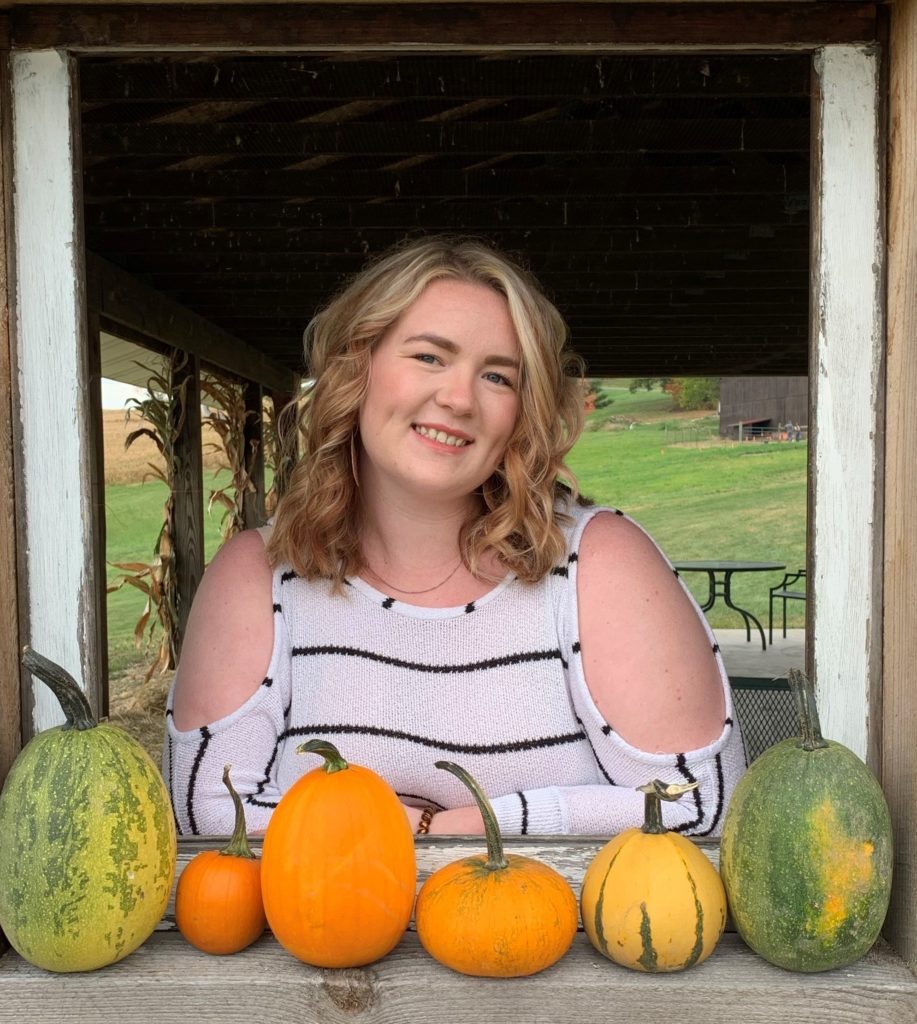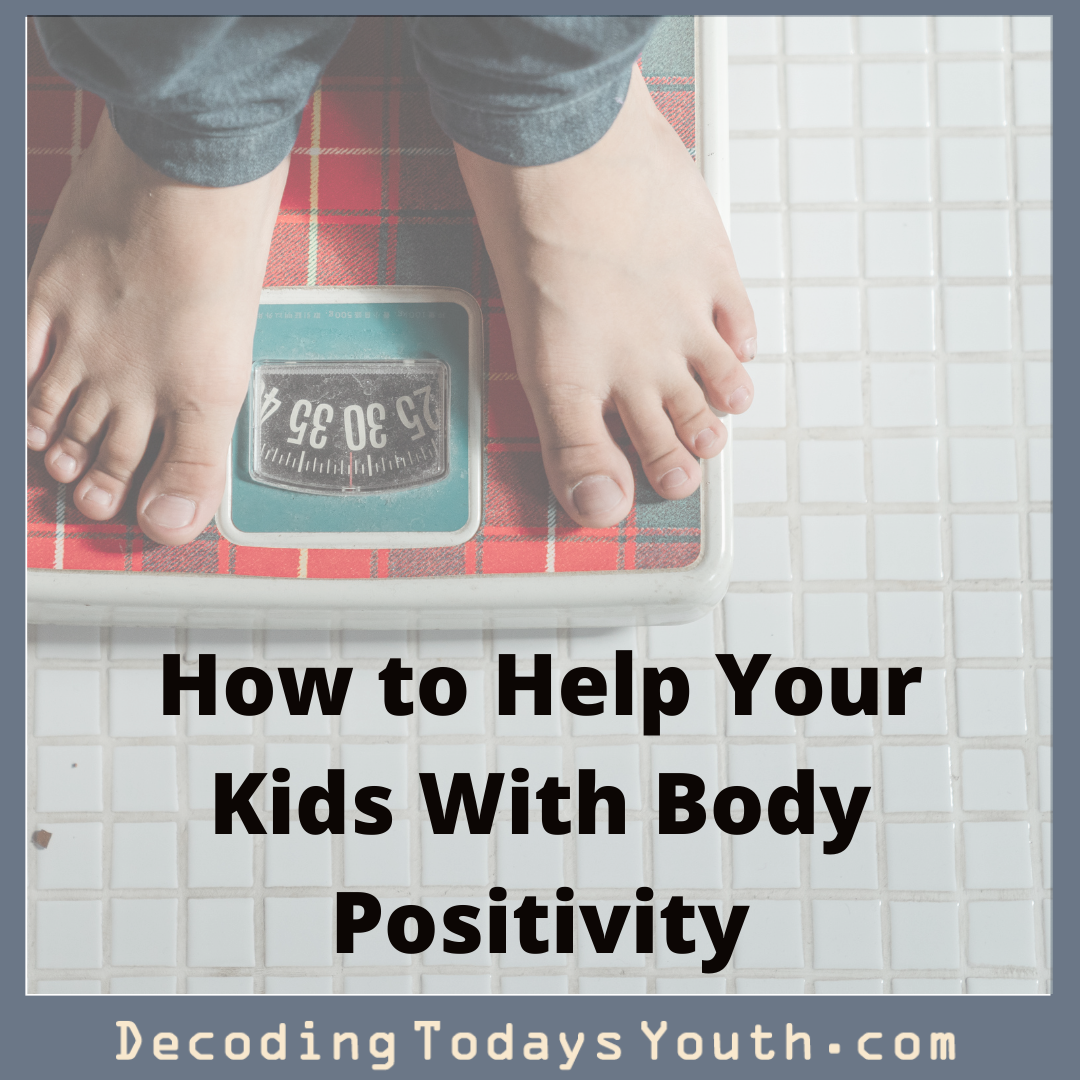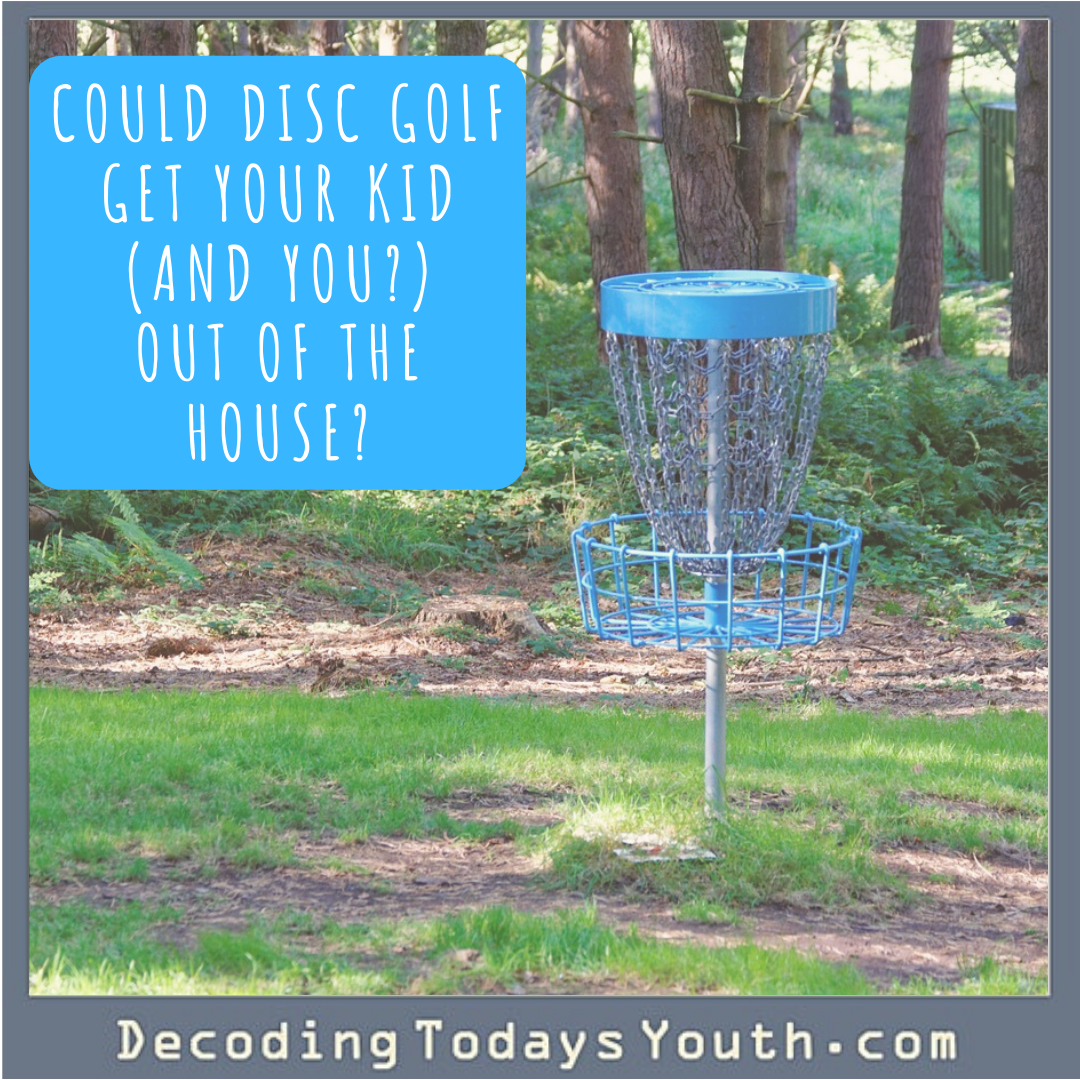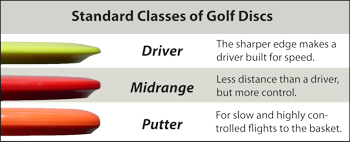
“Hey mom, I think I want to get my hair done like this.”
*Insert a picture of blonde hair with rainbow-colored streaks plastered throughout. *
“Are you sure?”
*aggressive head-nod by me*
Okay… I’ll make you an appointment.”
…
When I was an awkward, annoying pre-teen, I was constantly experimenting with finding my true self. The struggle with that was my idea of my ‘true self’ changed every day. One day I wanted to wear ripped jeans and band t-shirts just to turn around and want floral crowns and boho dresses the next day. It was a never-ending cycle of constant shopping trips and hairstyles. Did I mention the hair styles?
I don’t think there was a color of the rainbow that at least part of my hair wasn’t at some point. Actual rainbow strips (I’m talking ROY-G-BIV from my roots to the ends)? Yep. Pink highlights all over? You bet. The entire underneath dyed blue, resulting in stained skin that needed to be covered for a school picture? Oh, absolutely!
Looking back, now that I choose hair colors that are considered ‘plain,’ I try to figure out why I did all of that in the first place. I know I probably looked ridiculous and so damaged my hair, but I didn’t care one bit. Why? Because I was happy with the body I was in. As a pre-teen, now more than ever, there are constant struggles with acceptance among peers and with oneself. Somehow, I managed to like –no–LOVE myself despite this need for acceptance. Which is why I felt free to experiment with who I truly wanted to become, and not pay too much attention to what others thought of me.
Teaching and helping your children to maintain a positive body image is crucial to navigating life as a young teen and into adulthood. There are multiple ways you, as a parent, can assist your child in finding strong body positivity. Here’s some I’m borrowing from Working Mother.
Watch for Negative Body Image Signs
In a world where life is so fast paced and driven, it may be difficult at times to pick up on the subtle negative body image cues your children push out. In fact, they may not even notice they are doing this. These cues can be anywhere from a different change in diet, refusing to leave the house without any makeup on at all, and/or only wearing certain types of clothing. (Keep in mind there are many more cues your children can give you.)
These changes can be normal but watch for them to become obsessive and need-driven.
Talk!
If you notice these changes, bring them up – SUBTLY! Pre-teens spook easily (I know I did), so approach these conversations with ease and an open set of arms. By showing your kiddos now that you are willing to have an adult-like conversation about issues with them, they may feel more comfortable coming to you with issues like this down the road.
However, your child may not want to talk, and that is okay too! Just express to them that you will always have listening ears when they are ready.
Set a GOOD example
Sometimes, children begin to feel certain emotions and have thoughts based on the environment they are in. It will feel contradicting if you, as a parent, are never happy with the way your body looks (and outwardly express it) and then you go and tell your kiddos to love theirs.
Therefore, love yourself! Trust me, you need it. We all need some self-love. So, model that positive thinking. Reveal your self-praising habits for your kiddos. Let them see the self-love from one of the people they love so dearly. By doing this, you can start to foster positive thoughts in your children and yourself.
Limit Physical Praise
“Oh my gosh you look so cute!!… Don’t you look sharp today… That lipstick color is PERFECT on you!”
It’s force of habit to comment on physical appearances. It’s something we do as humans to make someone else feel good. However, this can have more negative impacts than you think. It can subconsciously train your children to seek out these compliments from anywhere (or anyone), leading to negative body image if they are not received. Don’t get me wrong, physical comments can be given, just don’t make them a habit. Remember, looks are only skin deep.
Instead, comment on their other features. Compliment your daughter on her intelligence – remember, beauty is brains. Tell your son you are proud of him for the way he treats others – kindness is key. Physical acceptance isn’t the only acceptance to seek. Teach your children to become good human beings – that is what truly matters.
Be Open to Changes
Your child may want to cut/dye their hair, change the way they dress, or ask you to help them lead a healthier lifestyle. Be open to these changes! Often times, these decisions are made because your child is striving for a better version of themselves. Accepting your child for who they are is the biggest display of love they can ever receive. And, who knows, these changes may be good for you as well!
Extra resources:
https://www.workingmother.com/content/5-ways-help-kids-body-image-and-eating






